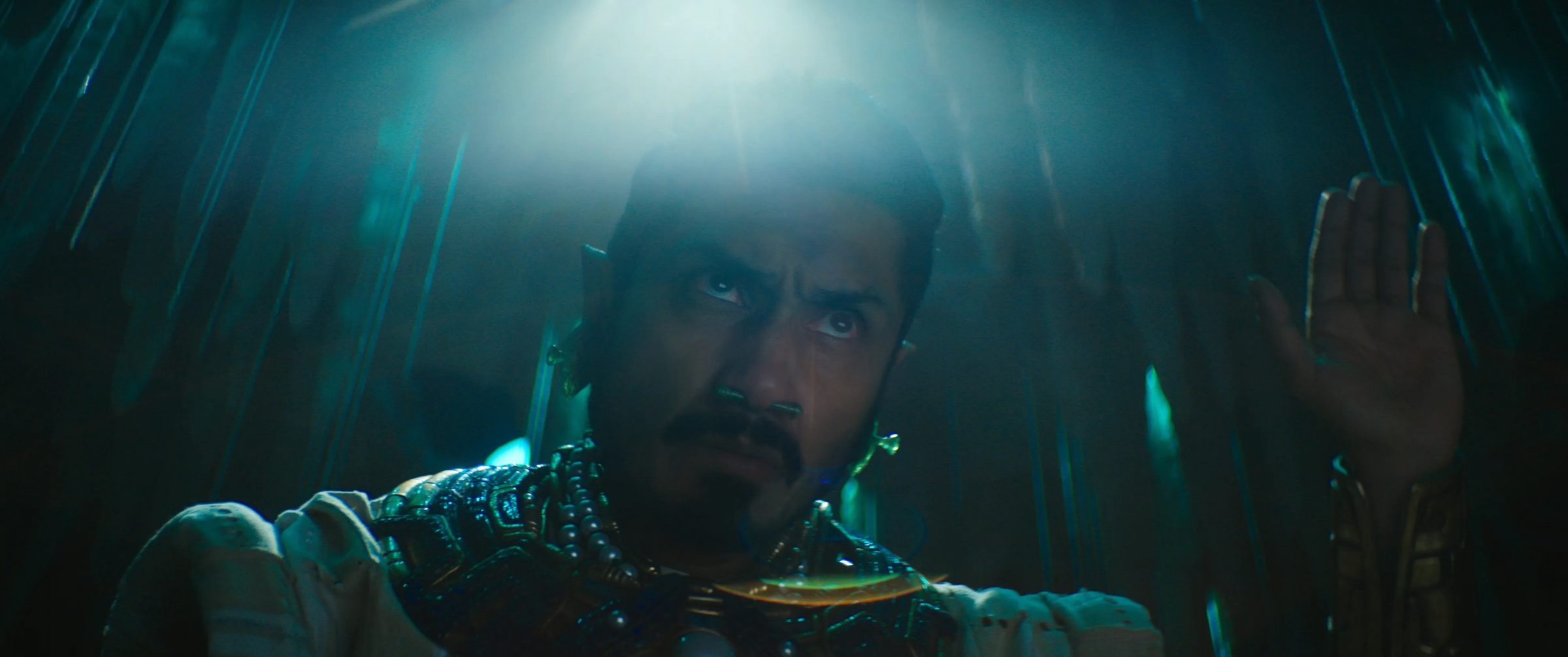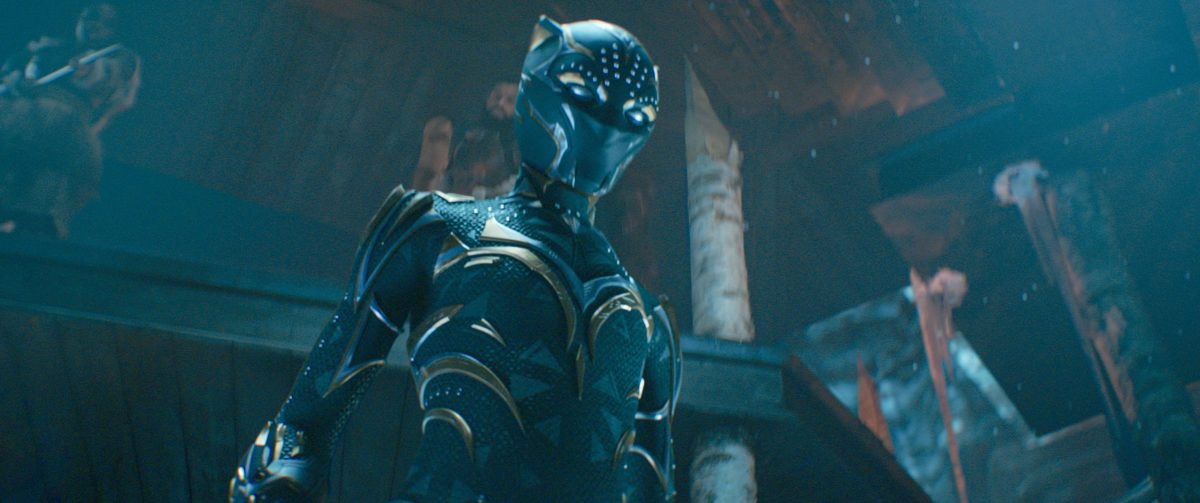In December, 2016, Carrie Fisher died of a heart attack shortly after finishing her final scenes for The Last Jedi. Rian Johnson’s film turned out to be the best Star Wars title in thirty years, but the franchise had a big problem. The final film, Duel of the Fates, was to have focused on Leia as the last surviving member of the original trilogy’s band of heroes. With Fisher deceased, the script was scrapped, and the director fired. J.J. Abrams was brought in to guide the saga to a safe landing. Instead, he crashed the ship. The Last Jedi remains controversial, but The Rise of Skywalker is universally acknowledged as an epic fiasco.
In August, 2020, another Disney department faced tragedy. Chadwick Boseman, the beloved star of Black Panther, died of colon cancer at age 43. Director Ryan Coogler, having made the best film in the Marvel Cinematic Universe, was faced with nothing but bad choices. Do you recast T’Challa, and assume the hero of millions of Black kids worldwide is, like James Bond, just a brand name fillable by semi-disposable himbos? Or do you try to write around the disappearance of one of twenty-first-century cinema’s brightest lights?
Coogler chose option B. He immediately announced that Boseman would not be replaced. That meant Wakanda Forever was written with the difficulty settings on “high.” Normally in the second film of a superhero franchise, we have dispensed with the origin story, and the hero really comes into their own. Instead, Coogler and writer Joe Robert Cole had to account for their hero’s offscreen death, deal with all of the resulting character and plot fallout, and shift the focus to a new protagonist, all while introducing a new antagonist and delivering all the super powered thrills and chills the audience expects.
It’s an impossible assignment. Coogler and Cole come very close to pulling it off by leaning heavily on the excellent ensemble they assembled for Black Panther. We open with the skeptic Shuri (Letitia Wright) praying to the cat god Bast as she races to find a cure for the mystery illness afflicting her brother T’Challa. She suspects the solution is related to the heart herb which gives the Panthers their power, but pretender to the Wakandan throne Killmonger (Michael B. Jordan) destroyed the garden where the herb grew, so now she must try to create a synthetic version. She’s still struggling with the problem when her mother, Queen Ramonda (Angela Bassett), tells her it’s too late.

All this drama, and the moving, slow-mo funeral sequence, takes place before the opening credits. Flash forward a year, and the Queen is trying to help Shuri to come to terms with T’Challa’s death. Wakanda is still struggling with the same question that has always hung over the secret Afrofuturist society—should they engage with the world that has always been so hostile to Black people, or hide behind their vast technological advantage and huge supply of the alien wonder material vibranium? Stung by the trauma of her husband’s and son’s deaths, and the West’s quest to steal Wakandan resources, Ramonda is leaning back towards isolationism. Her political calculations are upended when a new variable presents itself in the person of Namor the Sub Mariner (Tenoch Huerta Mejía). He’s the king of the underwater realm of Talokan, which has their own independent supply of vibranium. Since Namor is a 400-year-old super powered mutant son of the Mayan civilization, he’s also suspicious of representatives of “Western civilization” looking for resources in his territory. It would seem the two civilizations’ interests would align, but instead they spiral into war as Wakanda searches for a new protector.
Coogler is the best director working in the comic book space. His deep knowledge of classic genre films makes him uniquely suited to this novelistic storytelling. He flawlessly executes a tension-building Zulu sequence leading to the film’s first set piece, a three-way, air, ground, and water chase through Boston. Basset carries the early acts on her sculpted shoulders, before passing the baton to Lupita Nyong’o’s super spy Nakia and Winston Duke’s grumpy warlord M’Baku for their own bravado scenes.
T’Challa was the moral center of the Marvel heroes, the one who best represented Stan Lee’s dictum “With great power comes great responsibility.” When Shuri takes up the mantle of the Black Panther, she faces the Wakandan conundrum of conquest or peace? T’Challa made the Solomonic choice to split the difference. Shuri’s choices, like the film itself, turn out much messier. Wakanda Forever tries very hard, but Chadwick Boseman is just too tough an act to follow.
